Phil Spector is the greatest producer in the history of rock and roll. Unquestionably. Not only have his tracks included some of the greatest pop and rock songs of all time, but many great artists and whole movements — Bruce Springsteen, The Beach Boys, ABBA, the entire shoegaze movement — have cited Phil Spector as an inspiration. He’s a watershed.
Spector’s biggest innovation was layering multiple recording tracks to create a “wall of sound.” Before Spector, most artists only made music that could be replicated with instruments live. Spector elevated the manipulation of recorded sound into an art form. In other words, you can trace a thousand genres — disco, electronica, rap, etc. — back to his innovations.
Though he’s now in prison for killing someone, Spector was (and continues to be) among the most five or ten most influential artists in the history of rock.
After graduating high school, Spector quickly gained an industry-wide reputation as a talented musical thinker. He performed a bit during his teenage years and early twenties. In 1960, at the age of 21, he launched his tumultuous, extraordinary career as a producer.
From 1963 through 1969, he had some of his biggest commercial and creative successes, working with girl groups and soul singers: The Righteous Brothers, The Ronettes, The Crystals, etc. These are the recodings where he perfected his wall of sound, and where his alchemic pop intuition is most obvious.
He began a tailspin in 1966 following some commercial failures — particularly “River Deep, Mountain High” with Tina Turner — hiding out and working extremely slowly. In 1969, he was officially dropped from the Phillies label he’d worked at for a decade.
It wasn’t long before his career resurged. After he released a few modest hits with A&M Records, The Beatles called him up and asked him to turn the masters from their so-called “Get Back” recording session into an album. The resulting product, 1970’s Let It Be, was The Beatles last album and commercial smash. Spector continued to work with John Lennon and George Harrison, whose best recordings include Spector-produced tracks (“My Sweet Lord,” “Instant Karma”). Spector and Harrison spearheaded the influential concert-album Concert for Bangladesh, perhaps Spector’s biggest hit besides Let It Be.
But Spector flared out once again. In 1974, he was in a serious car accident that would completely change the trajectory of his life. Spector almost died and suffered serious head injuries. Following his accident, Spector’s paranoid and reclusive behavior intensified, and he started showing aggressive tendencies that would be his undoing 30 years later.
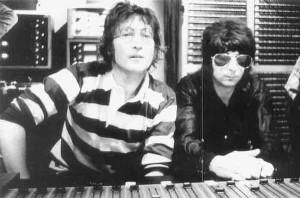 Spector’s success with The Beatles gave him a new niche: producing albums for established artists. In the late ‘70s, he produced for both Leonard Cohen and The Ramones. Both resulting albums received negative feedback from fans at the time, but have been evaluated generously by critics since.
Spector’s success with The Beatles gave him a new niche: producing albums for established artists. In the late ‘70s, he produced for both Leonard Cohen and The Ramones. Both resulting albums received negative feedback from fans at the time, but have been evaluated generously by critics since.
Around 1980, Spector withdrew from the music industry aside from the occasional project. The 1991 collection Back to Mono collected Spector’s pre-Beatles work with Phillies. This box set resulted in a very positive re-evaluation of Spector’s career and influence on the course of rock and roll.
But Spector’s legacy will always be haunted by what happened in 2003. Likely following an angry outburst — pretty common for Spector around this time — he shot and killed actress Lana Clarkson. Two trials and six years later, he was found guilty of second-degree murder, and may spend the rest of his life in prison.
When I think of Spector, I think of his ‘60s and early ‘70s recordings, the ones that changed the face of rock music, the ones that have nothing to do with the shooting that took place 30-some years later.
Spector famously preferred singles, especially during his work with Phillies, and once said that an album is “two hits and ten pieces of junk.” Thus, I think it’s important to look at Phil’s greatest singles to evaluate him. Here are my picks for his ten greatest tracks:
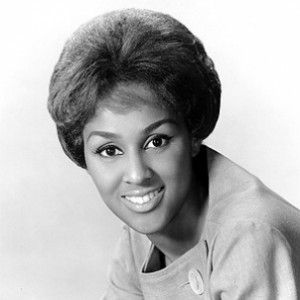 10. Christmas (Baby Please Come Home) – Darlene Love
10. Christmas (Baby Please Come Home) – Darlene Love
Somehow I went this whole article without mentioning the fact that Spector produced the best and most influential Christmas album of all time: A Christmas Gift For You From Phil Spector. Spector’s upbeat arrangements of many standards are still used constantly. His reading of “Santa Claus Is Coming To Town” was covered and popularized by Michael Jackson and Bruce Springsteen. I don’t know why artists bother recording “Marshmallow World” because it will forever be Darlene Love’s song.
But my favorite track from the album is “Christmas (Baby Please Come Home)” by Love. The crescendo is to the climax with repeated shouts of “please!” is nothing short of epic, and I’d rank it among his best productions, period.
9. Walking in the Rain – The Ronettes
Somehow both regal and tender, “Walking in the Rain” is a fantastic song about longing to find the perfect partner. Ronnie Spector’s performance is borderline tearjerking.
8. My Sweet Lord – George Harrison
The biggest hit of George Harrison’s monster All Things Must Pass. Spector turns a relatively standard pop composition into a spiritual experience.
7. And Then He Kissed Me – The Crystals
The Crystals were second only to The Ronettes in their quantity of work with Spector. This is one of their finest entries, the catchy and instantly quotable “And Then He Kissed Me.”
6. Unchained Melody – The Righteous Brothers
I love everything about this song. I love its wounded, longing heart. I love the vocal performance (though I can never tell the two Brothers apart, so I’m not sure who to credit). I love its use in The Wonder Years. I love the way the singing comes in at the very beginning of the track, before the background production, hitting you like a huge wave on the beach. But above all, like all of Spector’s best, I love how much romance it manages to capture in just a few minutes.
5. Da Doo Ron Ron – The Crystals
One of Spector’s greatest teenage love epics. That’s one of Spector’s biggest accomplishments, in my opinion: capturing the sweeping feeling of young love. So many of his Phillies records do it so well, but Da Doo Ron Ron is one of the best.
4. Let It Be – The Beatles
Crazy to think that one of the 25 or so best rock songs of all time is only number four on this list, but that’s just how stacked the top tier of Spector’s work is. Most of the genius of “Let It Be” is rightfully attributed to McCartney’s incredible composition and vocal performance, but the flourishes that Spector puts on it definitely contribute to its wizardry. Like so many of Spector’s greatest tracks, listening to it almost feels spiritual.
3. You’ve Lost That Lovin’ Feeling – The Righteous Brothers
I feel like aspiring pop musicians should be required to study this track. Just put it on loop, break it down component by component. It’s basically a master course in producing maximum impact. At first it lurks, like a cloud, building to the towering climax, which is just an explosion of passion (“I need your love!”). The longing and ache is palpable. Why doesn’t more pop have this level of emotion?
2. River Deep, Mountain High – Ike and Tina Turner
This is said to be the song that drove Spector crazy. He spent months obsessing over it, and it shows. This song is basically a hurricane. Turner’s performance is surely one of pop’s best vocals ever. The emotional intensity when she sings “and it gets stronger…” is pure genius. Spector never lets the song stop building, especially in that last minute. It’s perfection.
1. Be My Baby – The Ronettes
My pick for the best pop song ever (or maybe #2 behind “Heard It Through the Grapevine”). Ronnie Spector’s performance is astonishing, and the background rhythm is rightfully iconic. The echo behind the drums gives the song a colossal, unstoppable feeling. Spector distills everything good and romantic about pop, and packages it into just over 150 seconds.
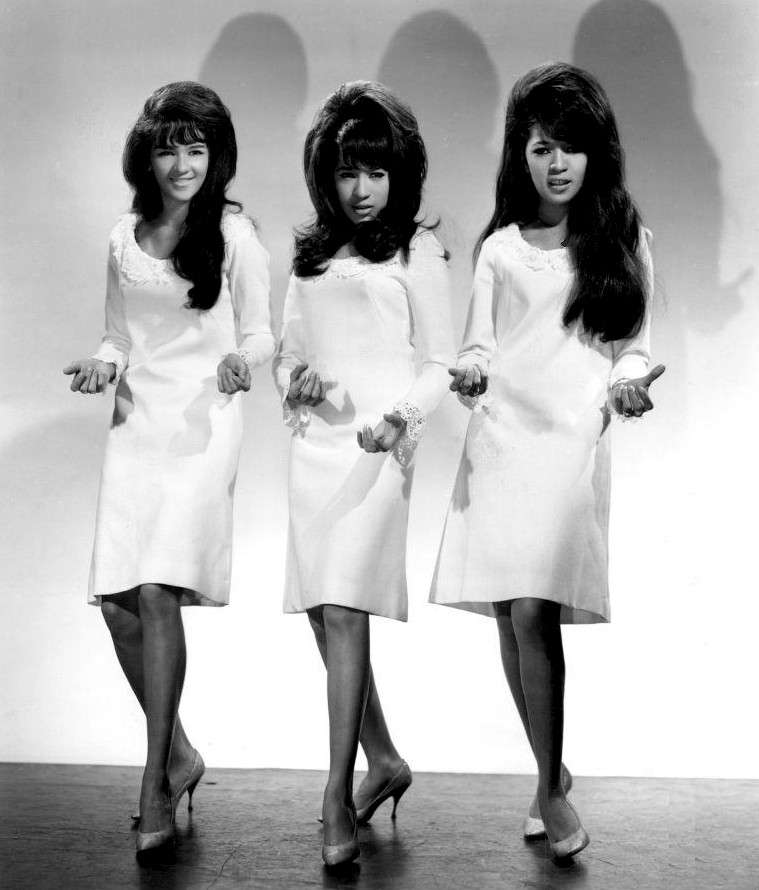
The Ronettes were not only insanely talented and paired perfectly with Spector, but were ridiculously gorgeous
Anyways, those are my top ten Spector tracks. It’s a sampling of why Spector is known as the greatest rock producer ever, and a glimpse at just how magnificent pop music can sound.


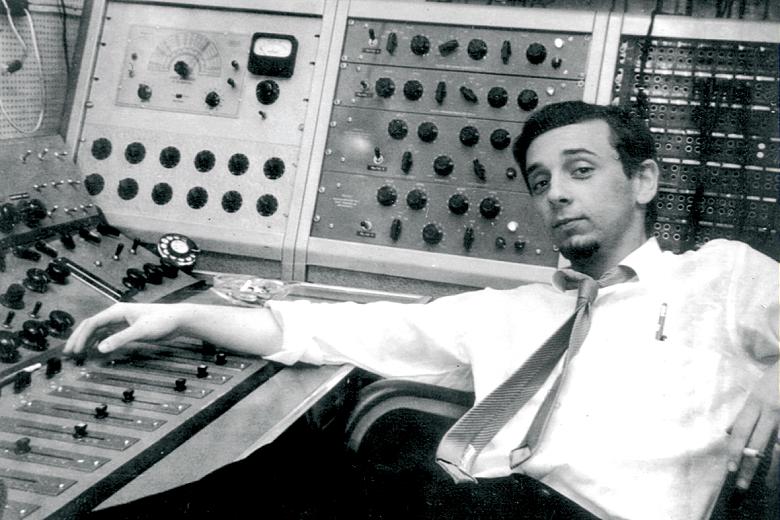
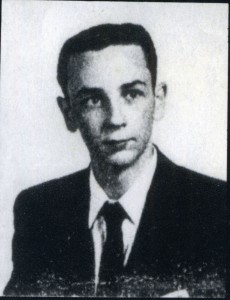
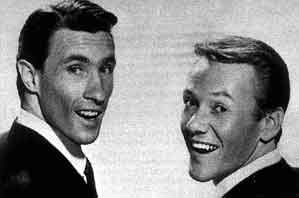
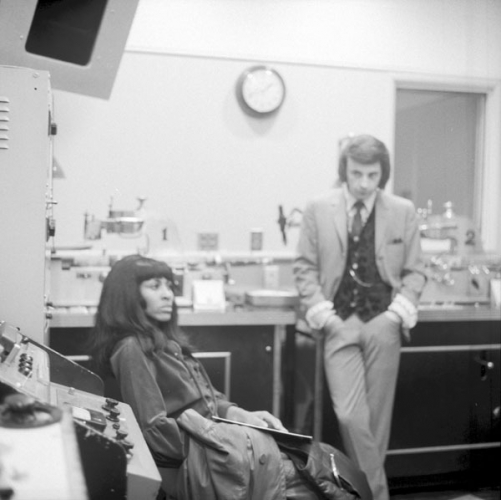



Hope you don’t mind if I just keep commenting along. This is an excellent Countdown so far, and this post in particular taught me a lot. I really don’t know that much about about popular music (though my tastes do run towards the older stuff, so I’m digging the 60s and 70s tracks you picked out here). I’ll have to give your other music retrospectives a look and listen, and get some horizon-broadening in.
Definitely! I’m honored that you find it enlightening. Looking forward to future comments